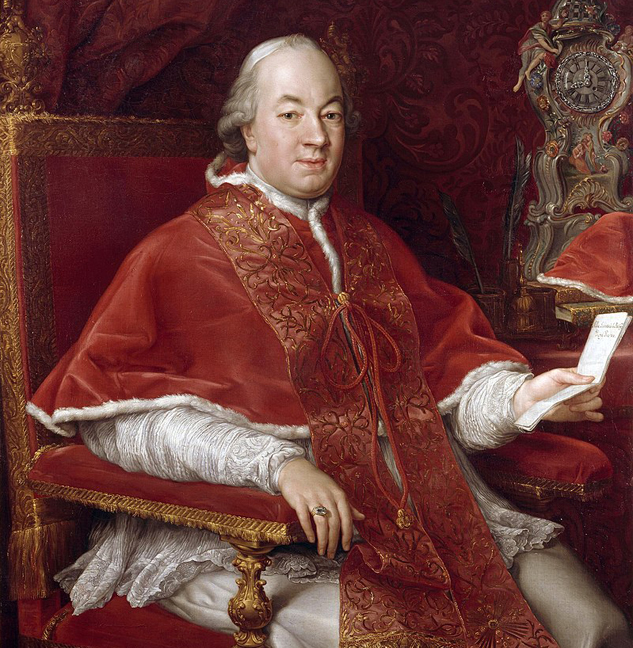George Washington’s appointment as commander of the Continental Army filled him with doubt from the start. In his address to the Continental Congress on June 16, 1775, Washington described himself in the best light while at the same time signaling doubt. He declared himself humble to accept the position and explained that he did so to preserve the “glorious cause.”[1] He could not, however, leave the phrase, “unlucky event” out of his address due to the formidable task at hand, facing off with the mother country.[2] Should Washington fail, the result would be catastrophic for him.
Washington’s position in the winter of 1775-1776 put further pressure on his abilities which likely sowed the seeds of the “what if” scenario. What if the cause failed? What if he was captured? Washington described the scene in Boston as a “predicament,” musing, “I have often thought, how much happier I should have been, if, instead of accepting of a command under such Circumstances I had taken my Musket upon my Shoulder & enterd the Ranks.”[3] Washington hoped to deal a final and decisive blow with his dwindling army by attacking Boston which would result in an early version of urban warfare in the “crooked streets” to expel the British.[4] Perhaps he was trying to end his worries as fast as possible. In a letter to Col. Joseph Reed on January 14, 1776, Washington romanticized about retiring “to the backcountry” and living “in a wig-wam.”[5] Words like these must have troubled Washington within. If they had leaked out, the morale of the army would have suffered because that their commander had reservations about his and the army’s position. In addition, it showed the complexity of the situation in the early war period.
With doubts about the cause, the Continental Army, and his own leadership, Washington began to think about an asylum should the revolution fail. The mention of such a place of refuge must have been something personal to Washington. Perhaps he mentioned it more in private conversations, but in writing we only have a short glimpse. On February 28, 1776, he sent a letter from Cambridge, Massachusetts, to his nephew Burwell Basset. Washington thanked him for taking care of his land affairs on the Ohio.[6] Washington then mentioned “my interest in which I shall be more Careful of as in the worst event, they will serve for an Asylum.”[7] What sort of an asylum? Was Washington planning on hiding out in the lands he knew well from his expeditions as a surveyor and service during the French and Indian War?[8]
Although the mention of a potential asylum is there, Washington cannot be blamed for it or thought of in an ill light. He accepted a task that would buckle the knees of most men. Having an escape in the event of the revolution’s failure was probably on the mind of most generals and enlisted men of the Continental Army.
[1]George Washington, Address to the Continental Congress, June 16, 1775, Founders Online, National Archives, founders.archives.gov/documents/Washington/03-01-02-0001.
[3]Washington to Joseph Reed, January 14, 1776, founders.archives.gov/documents/Washington/03-03-02-0062.
[4]Nathaniel Philbrick, “The Fiercest Man,” Bunker Hill (New York: Penguin Books, 2014), 250.
[5]Washington to Joseph Reed, January 14, 1776.
[6]Washington to Burwell Basset, February 38, 1776, founders.archives.gov/documents/Washington/03-03-02-0280.
[8]Peter Stark, Young Washington (New York: HarperCollins Publishers, 2018), 27-31.










3 Comments
Alexander, thank you for this brief but critical aspect of being on the side of the Revolution, especially when Washington knew what he was up against on both sides of the pond.
Americans never think of Washington’s “designated survivor” had he been captured or killed. Washington placing his trust in General Nathanael Greene shows his brilliance at judging a man’s character. Greene was his designated survivor. If Greene could work miracles by feeding a starving army at Valley Forge, he could save the cause if Washington could not.
Let’s remember Martha Washington, especially during Women’s History Month! Washington considered Mount Vernon an asylum, referencing it in connection with Micah 4:4. (“Everyone will sit under their own vine and under their own fig tree, and no one will make them afraid.”) But Martha, too, thought of Mount Vernon as a sanctuary. Soon before Washington resigned as president, she wrote that in only a few weeks she would be “under our own vines and fig trees.”